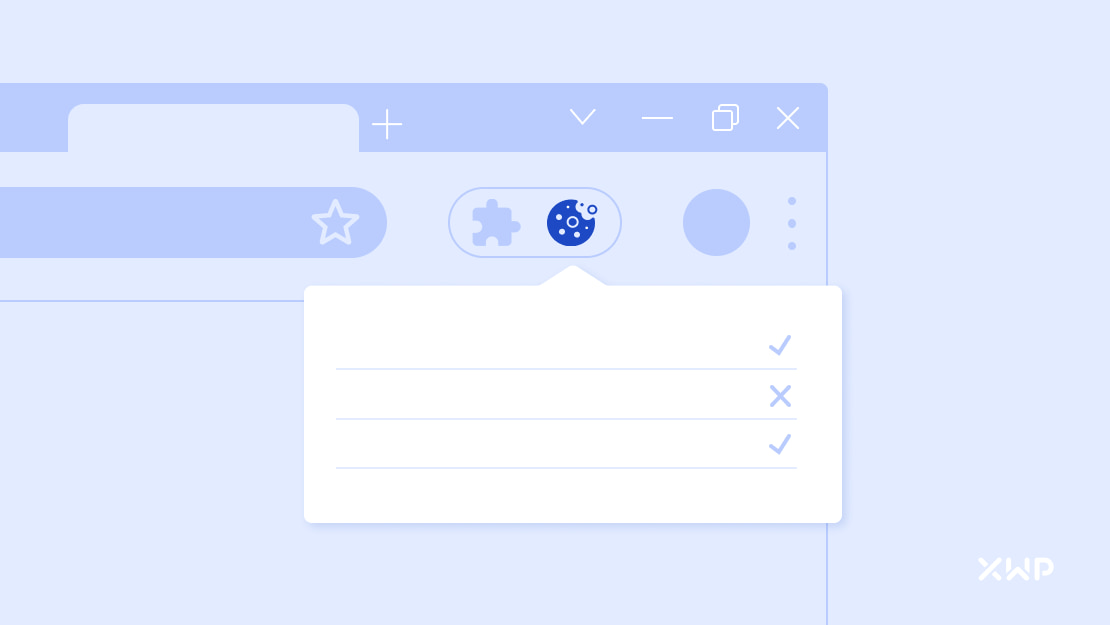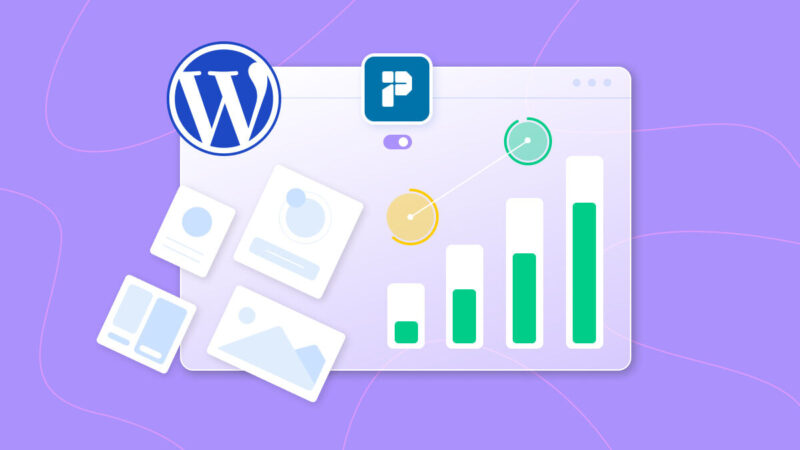In this article we’ll learn:
- What website cookies are
- How and why they’re changing
- Why it’s important to look at your current third-party cookie usage
- The cookies analysis tool
- How we’re supporting initiatives to manage the third-party cookie depreciation
What are Third-Party Cookies and How Do They Affect Privacy?
There’s a good chance that you’ve encountered a popup notification before telling you that a website you’re browsing uses cookies. Sounds delicious, but what does it mean?
Cookies are small pieces of data collected by a website about your browsing habits:
1st-party cookies (1PC) are collected by the site owner to improve your browsing experience—things like language settings, or whether or not you like to use dark mode.
3rd-Party cookies (3PC), are usually linked to an external vendor, and are used to collect data for personalized advertising.
Within the next year, 3rd-Party Cookies are going to be deprecated, and they will eventually stop working altogether across the web. Let’s take a look at why:

Why Are Third-Party Cookies Changing?
3rd-Party cookie usage has been at the center of the user privacy debate for a number of years.
Because they allow external entities to track a user’s browsing history and collect personal information without their knowledge or explicit consent, they are seen as an invasion of user privacy. In some cases, user data is also being sold or shared with other companies without the user’s awareness.
This unknowing productization of the user doesn’t sit well with a lot of people, and, as regulation often follows user expectations, and the time has come for them to be phased out.
Did you know: There are a lot of 3rd-Party cookies permissions forms plugins available, but many of them don’t actually alter whether third-party cookies are enabled on a site. This makes sites look compliant while, often unbeknownst to the website owner, vendors are still collecting user data. This is another reason they are being deprecated.
This leaves advertisers in a tough position. eCommerce revenue is projected to reach US$4.11tn by the end of 2023 (yep, that’s trillion, with a t), and advertising, which often relies on 3rd-Party cookies, is a crucial part of that. So how do we safeguard user privacy while still allowing businesses access to online markets?
Luckily, the bright minds at Google have been thinking about this, launching the Privacy Sandbox: An initiative to create new technologies that allow third-party vendors to get the technical means to do what needs to be done (like making ads more targeted, or collecting conversion statistics) without requiring user data to do so. Its core purpose is to facilitate online advertising without third-party cookies.
The Privacy Sandbox is an initiative that aims to provide a permanent solution for third-party cookies. Rather than following the tide of regulation and looking for workarounds, the aim is to create a new web standard that enables effective advertising while protecting user privacy.

The Cookie Analysis Tool
In March, product specialists from across the tech space came together at the CloudFest Hackathon; A three-day event where teams organize and build open-source technologies to solve some of the internet’s biggest problems.
One of the projects, led by Googlers Andrey Lipattsev (Strategic Partner Manager), and Johann Hofmann (Browser Engineer) was established to look for creative ways that would help developers analyze their usage of 3rd-Party cookies and learn how to fix potential breakages. This will be attributed as part of the Privacy Sandbox project.
The reason that this is such an important project is that 3rd-Party cookies are complex, and it’s rare for one party within an organization to have a complete view of what cookies are running on their site.

“Avoiding third-party cookies on your sites and applications is crucial to respect user privacy and comply with data protection regulations. The technical implications of doing so however can be quite complex, and the current lack of adequate tooling and established processes makes this even more daunting.”
Alain Schlesser – Director of Technology & Innovation @ XWP
When deprecation time comes, it’s going to be important that developers have a solution that will allow them to track and analyze the cookies being used on their site, so that they can make sure that nothing breaks as 3rd-Party cookies are phased out.
At the end of the event, the team had created the alpha version of a browser extension that is able to check a URL and present a list of all of the cookies being used on a page, helping developers identify which would be broken in the upcoming deprecation, and providing guidance on how to approach fixing/removing them.
Browse the Source Code Download the Alpha ReleaseWatch the Presentation of the Cookie Analytics Tool at the Cloudfest Hackathon
A First Step in a Quest for Adequate Privacy Tooling
We’re particularly invested in this project, not only because our fantastic WordPress Engineer Mary Jay (JJ) has been involved in its creation—even from the time before CloudFest, but also because the idea for representatives from Google to join the Hackathon was initially proposed by our Director of Technology and Innovation, Alain Schlesser. Andrey saw the value of that event and was quick to come up with the idea of the analysis tool as it had been pitched to the organizers.
We believe the work of the Privacy Sandbox Initiative presents a key opportunity for the open web. Longer term, there may be an opportunity to get back to a place where people can trust their privacy is being respected and we can move away from overbearing regulations (such as popups) that affect their browsing experience.
The Cookies Analysis tool is also important to us because many of our clients and partners work in the publishing industry, a space that thrives because of advertising, but we also believe in the principle that users should have the right to understand how their data is being used.
Making sure that developers have an accessible tool for managing cookies at their disposal is an important thing for the entire internet. It allows more site owners to get a head start on advertising in a new, privacy-friendly way, and will ultimately mean far fewer breakages when 3rd-Party cookies are depreciated.
What’s Next?
The work done during the CloudFest Hackathon was just the early beginnings of an effort by the teams at XWP and Google to provide adequate tooling for site owners to properly assess and improve their data privacy practices.
At this time, we’re both working on stand-alone analysis tooling as well as helping to improve the Chrome DevTools features around cookie management and network monitoring. Expect more to follow in the near future!



